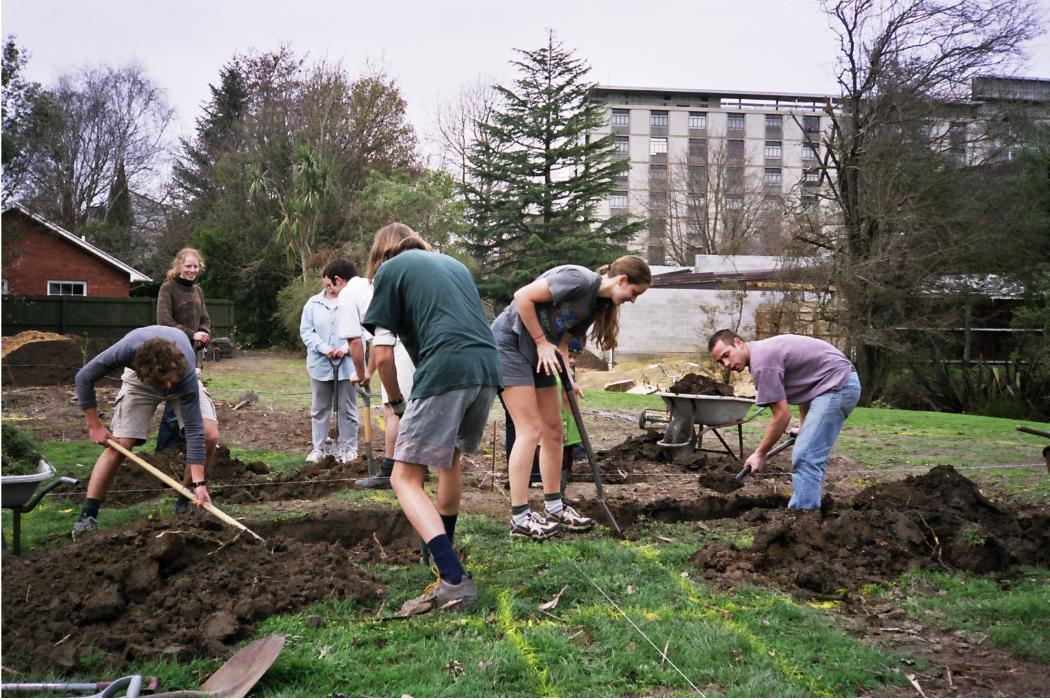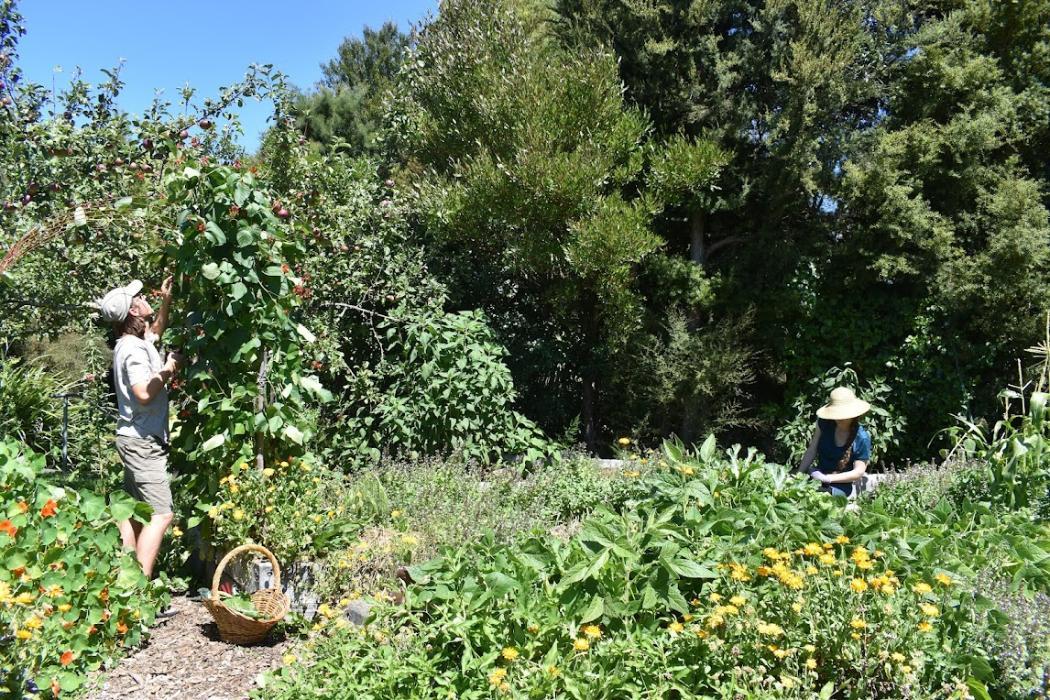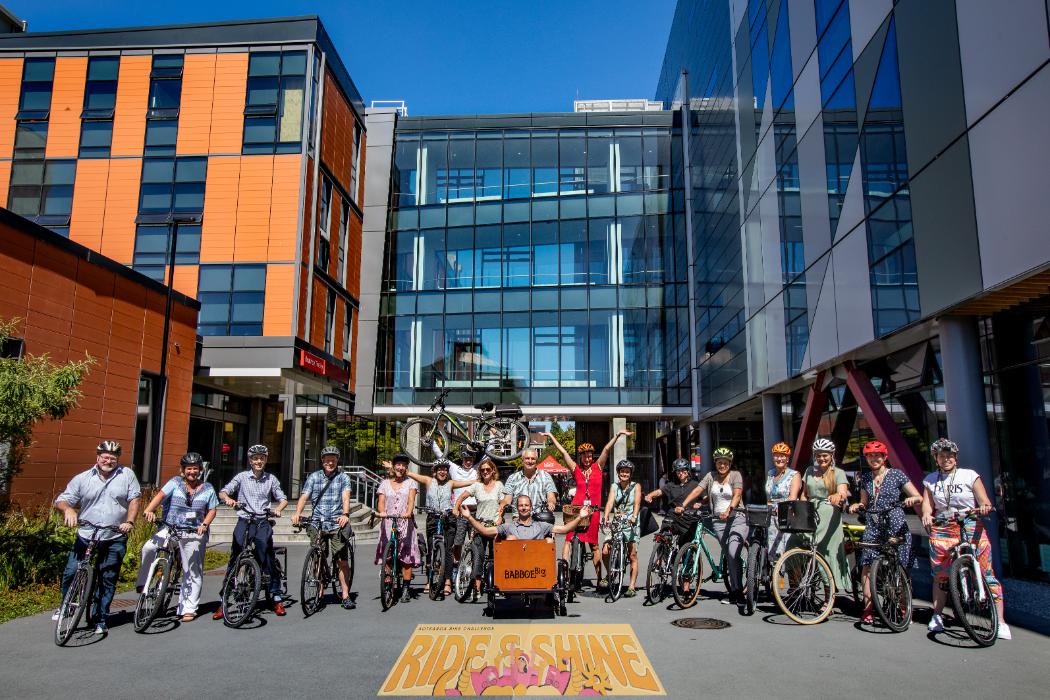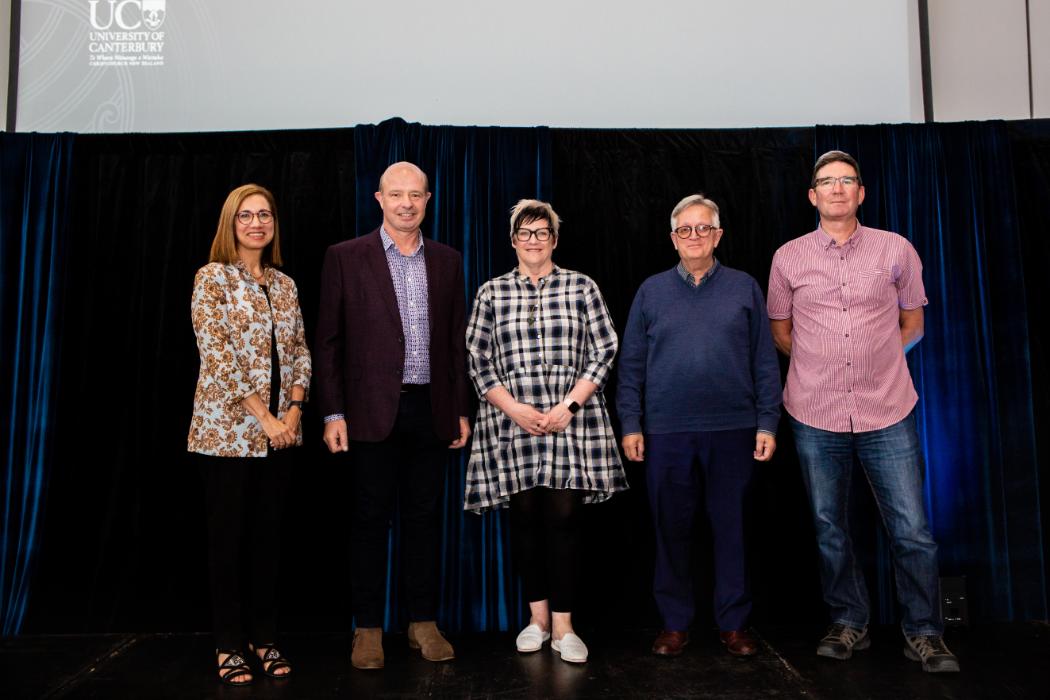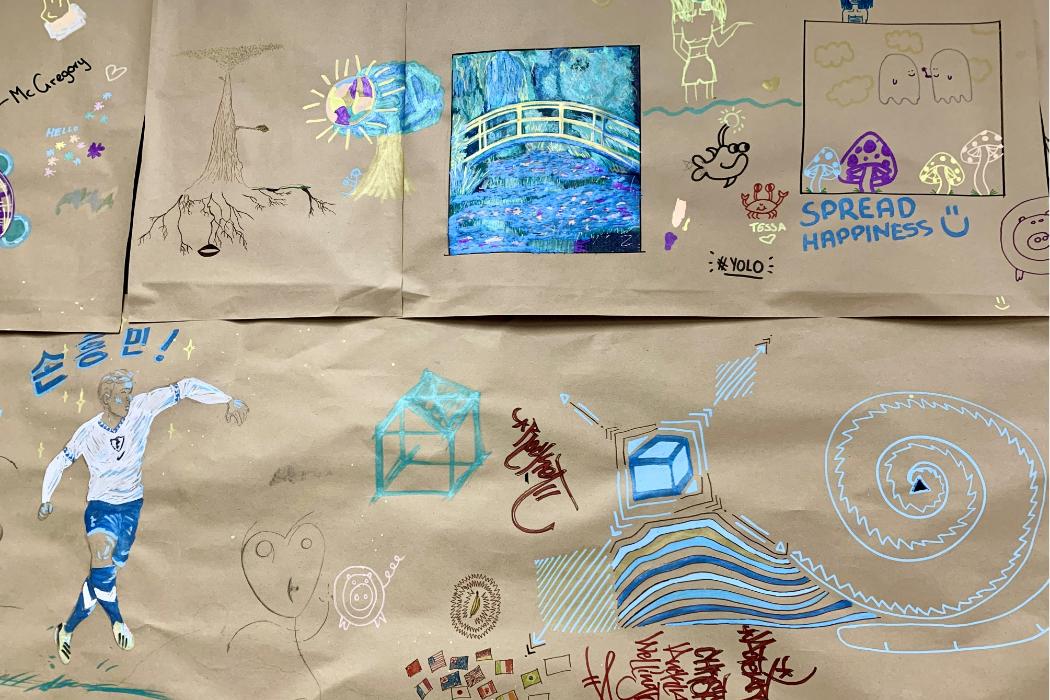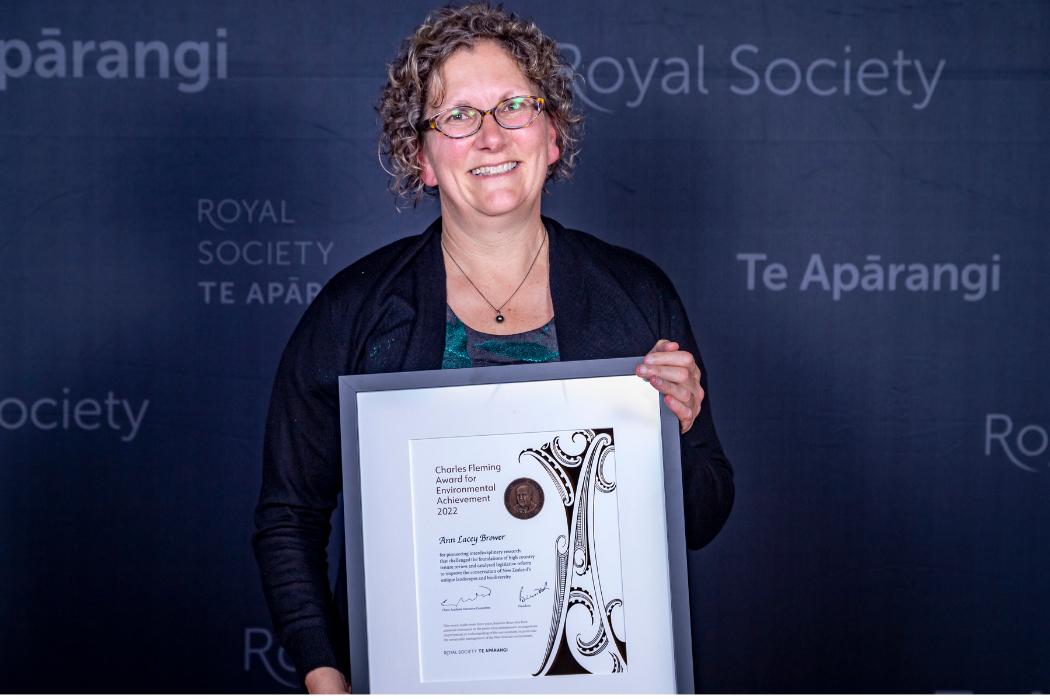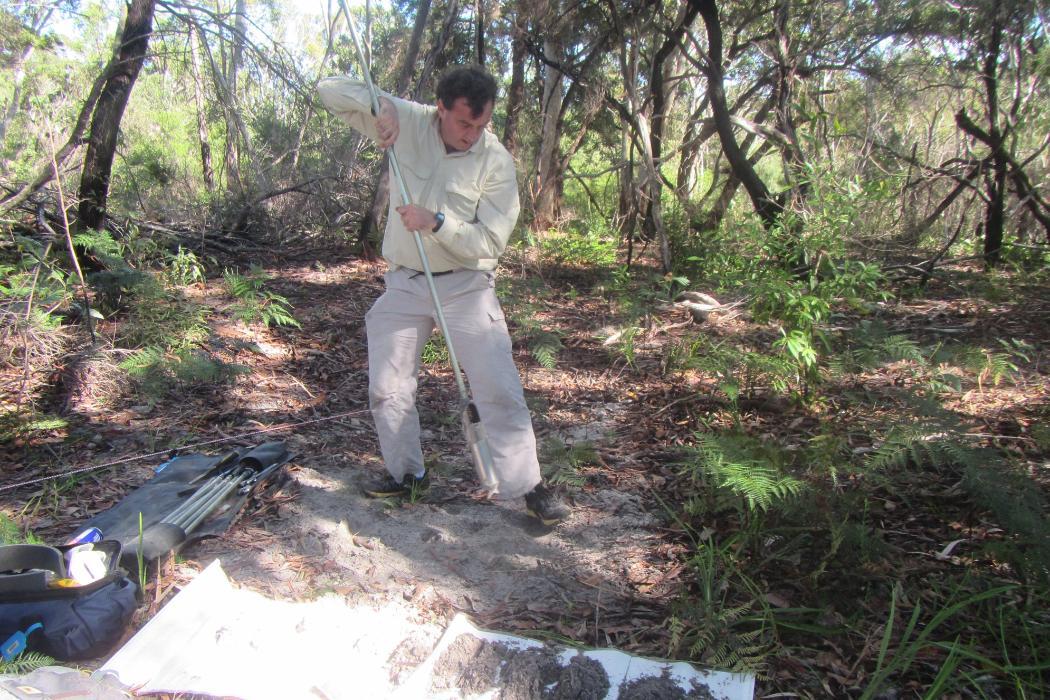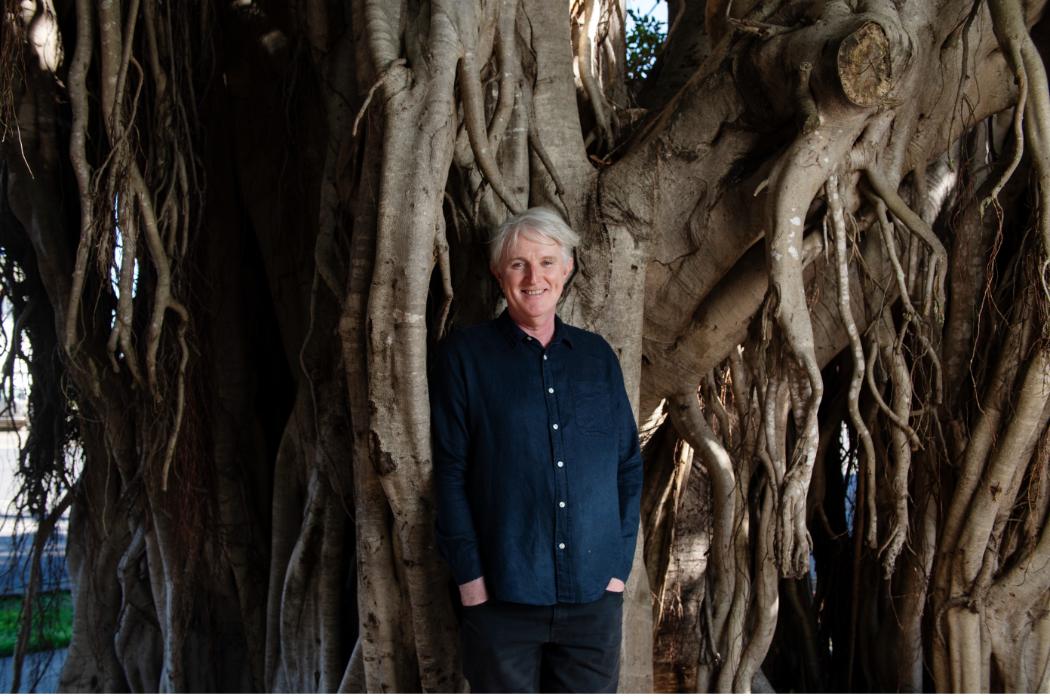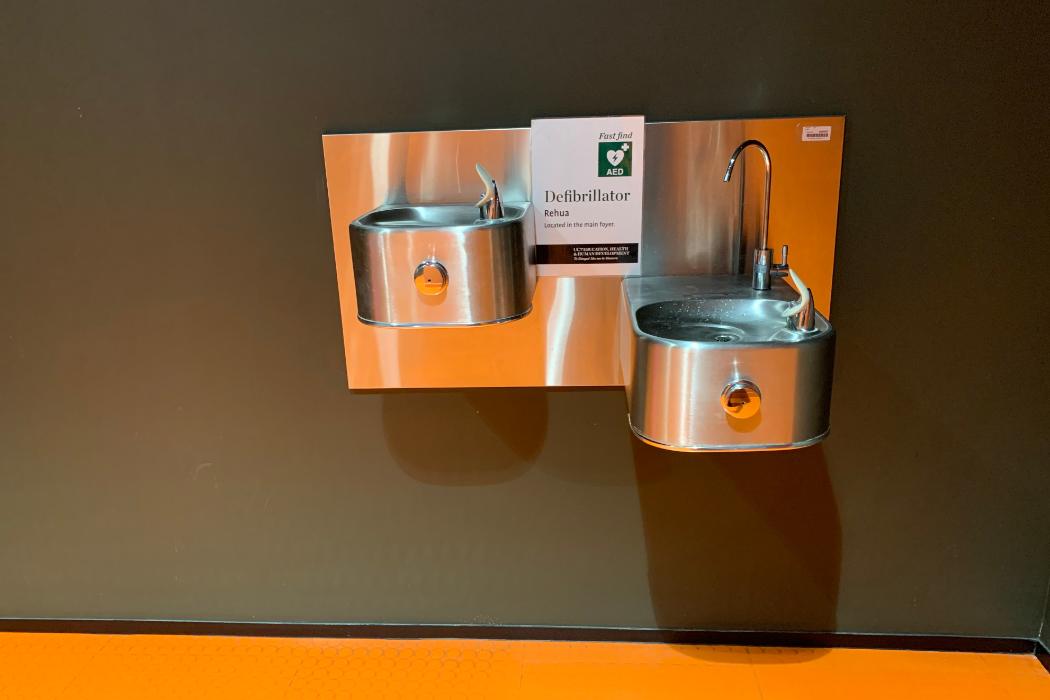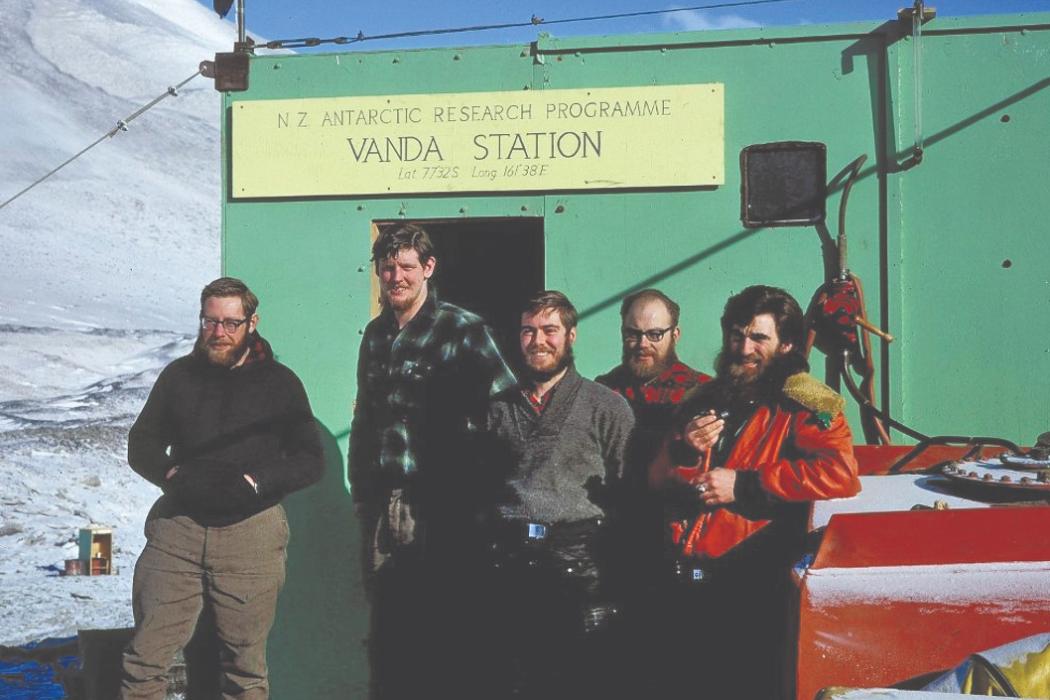“Students get involved for different reasons,” Kelly says. “A lot of time they have an interest in growing, and it’s a relaxing, beautiful space. At uni you’re looking at screens all day, and the garden is a chill out space where students can connect with others who are interested in the same thing.”
The garden produced an impressive 730kg harvest in 2018 when there were 840 volunteers involved. However, this dropped to 180kg in 2021 when Covid-19 disruptions reduced the number of volunteers to 570.
The idea for a community garden was first raised by the Kakariki student environment group which applied for funding from Community Trust and convinced university grounds staff they would maintain the space. Key advocates were Kate Hewson, Chair of Kakariki, and Jonathan Pauling, a master’s in political science student and co-chair of the community garden group.
Since then, the garden has grown in size and popularity, even proving a drawcard for some students when they choose their university. Recent standout sustainability stars include twins Kaitlyn and Jess Lamb, environmental science students who have shared their love of composting in several workshops and even made a national media appearance earlier this year.
The name Te Ngaki o Waiutuutu was gifted to the community garden by Ngāi Tūāhuriri in 2018. Ngaki is the traditional word used by Ngāi Tahu in relation to food gardens and traditional ways of planting, growing and cultivating kai. Waiutuutu is the traditional name of the stream that runs nearby.
With UC’s milestone 150th anniversary next year, the Sustainability Office will celebrate with a new building to replace the tool shed. The new building will provide a kitchen for food preparation, a teaching space to host field trips for education, sociology, chemistry, environmental science, geography, sustainability and product design students, and a new bathroom.
UC has a second, older community garden at the Dovedale campus, which was formerly the Teachers Education College. This teaching garden has been re-established and is once again also overflowing with produce.
Community gardens have tended to flourish in Ōtautahi Christchurch during hard times – during WWII, after the Global Financial Crisis and after the earthquakes, when thoughts turned to resilience and reconnecting people with each other and the earth. However, with students typically managing tight budgets, access to fresh, free produce is always welcome. Increasingly students are also interested in learning sustainability-related skills such as composting and soil health, and in supporting their wellbeing by being in nature and connecting with others.
Five reasons to join a community garden
- Access to (free) fresh produce in exchange for some help in the garden
- Meet like-minded people
- Learn skills such as growing food and composting
- Contribute to climate change solutions such as improving soil health
- (Free) mental health and wellbeing benefits from being in a beautiful garden
Find out more about Waiutuutu UC Community Garden here.


